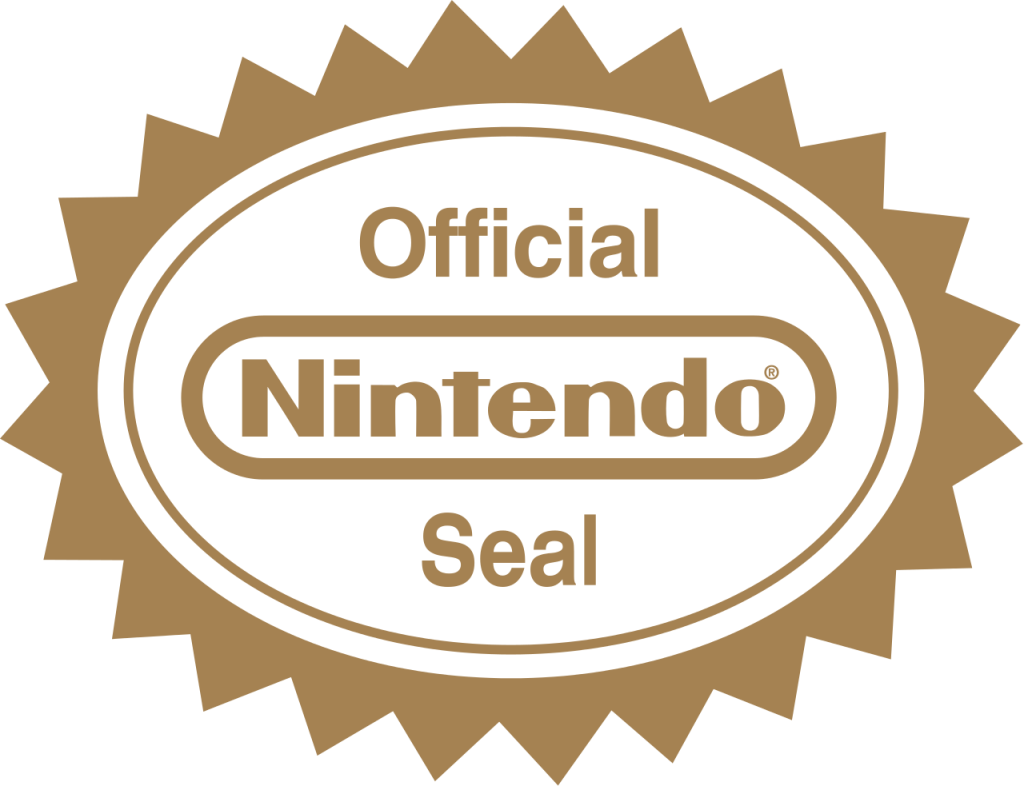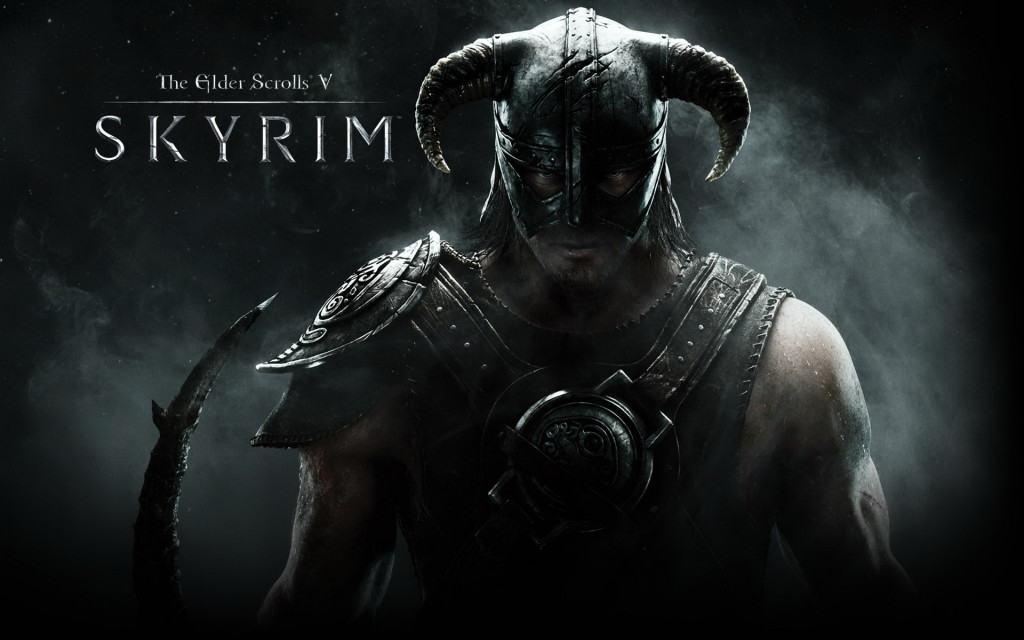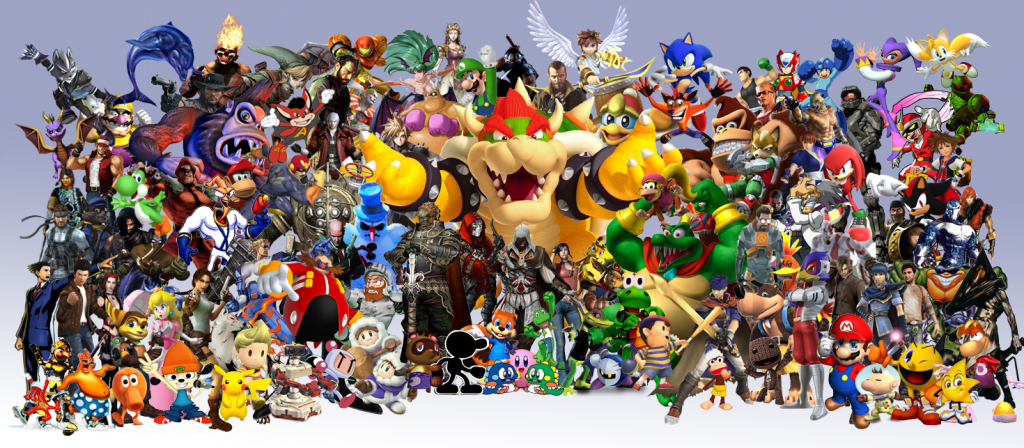Steam sales, sale sales, and all other sorts of sales constantly threaten the financial status of gamers everywhere. But really, do you NEED to spend that much? No. How does one have financial wisdom in this case? Here’s some tips to figure out what to buy, when to buy it, and for what purposes. It takes a little self-reflection, but you’ll find yourself buying a lot less than you’d imagine! A fool and his money are soon parted, but you don’t want to be that, do ya?
1. First, what kind of games do YOU like? Think about it this way: just because a game is on sale and has high critical review scores from sites and friends alike doesn’t mean you will also like it. Examine your own tastes first before taking a risk on something that might just sit in your Steam (or other) library forever. As a personal example, I really don’t enjoy Bethesda’s RPG outings in any way, shape, or form; if Skyrim hits the $4,99 sale price, this will in no way incline me to purchase it. You can save a lot of money just from examining your own personal tastes and finding out whether you will even play it. I can’t tell you how much money this will save you in the long run.
As an additional hint: if you don’t think or know you will absolutely LOVE something to death, wait for a dirt-cheap sale before investing. Further, if you are buying console games, wait until the end of the system’s life span for the best deals (like a gigantic Wii library for a hundred dollars from Gamestop, just to name one deal I snagged). If you will play it, but not for full price, don’t end up regretting your purchase; note the game, save it for later. There are some exceptions to this, mostly games with limited distribution (Xenoblade Chronicles, for example) or games released at the end of the system’s life span, but this holds true for the most part.

2. Allot a budget for yourself. Yes, this sounds crazy, but you might actually need to give yourself a spending limit. Too often, the very existence of automatic payments, credit cards, and PayPal balances means your brain doesn’t connect the dots with how much you’re actually spending. Write down and keep a record of how much everything costs that you buy (including taxes; remember that, in some states, even digital purchases get taxed), and make sure not to go over budget! Once you know your target number, you can plan much more deftly for future purchases without spending gonzo amounts of money. You can always wait for the future for games that seem too expensive now; that’s a play-by-ear situation.

3. Buy quality, not quantity. Just because something’s cheap doesn’t mean you need it RIGHT GOSH DARN NOW. Games continue on a spiral of reduced pricing from the moment they are released (with the rare exception here and there). What looks like a good sale now will actually become the normal retail price in several months. Considering how many game you already own (come on, admit it), you can afford to wait for a few months. Yes, you could buy stuff “in advance” because you feel they won’t go on sale again, but that’s never proven true in my experience at all. Gauge your own time and finances first, and pick games you know you will play. Quality games always win over “cheap” games.

4. In fact, I’d say if you want a certain video game near its release date, go for it. For Bayonetta 2, I bought it straight on release day, and most certainly obtained my $59.99 worth of value out of the game (not to mention it came with the original game as well). Yes, you won’t participate in a sale, but you bought something you really liked, and that’s better than buying a hundred cheap games you won’t enjoy. The issue arrives when you start buying EVERYTHING on release date, or the Collector’s Edition (such a price-gouging upsell). You need to be selective! Don’t just buy to buy! Buy what you’ll play, and if that happens to be one game, be happy with that one game. You’ll probably play it more anyway. Make the sacrifice to get what you want by setting limits in advance.
(There’s also the added bonus of the sunk cost fallacy, which makes you feel like you got more value than you actually did. Still, you tend to play the game based on how much you paid for it, so that makes up the difference for human psychology!)
Just for example, I’ve plunged into the Blizzard online ecosystem of games. I’m enjoying myself enough with Heroes of the Storm and Hearthstone that I don’t feel bad throwing some coin their way. I don’t buy silly aesthetic items, just actual functional game mechanics, and that’s a money saver right there. If you think you’ll play something enough, it’s always worth investing in the upsell. Just know your own spending habits before you start buying everything in site (here’s a situation where waiting for sales is a good thing – my Hearthstone collection was bought on a 30% rebate on all Hearthstone items, so I ended up spending considerably less than most people). As such, I’ve barely spent anything on the current Steam sale, just by virtue of enjoying what I am playing RIGHT NOW.
Consider that you might pay more upfront for a game, but end up with infinitely more value per hour or even in terms of enjoyment. That’s a consideration most people don’t make. Buying everything that comes your way benefits companies, not your personal well-being.
5. Lastly, you never have to buy anything, really. Eventually another sale will come along. Thing is, you’ve got to look at this in the long term if you hope to save yourself any money at all, and not just gorge yourself on wasteful spending for stuff you won’t use. I, myself, can often lack the self-control, but if you take the time to plan, rather than work purely on immediate desire and imagine necessity, you’ll find yourself spending less and enjoying the games you do end up buying a lot more. Spending all the money in the world, after all, won’t satisfy you, especially games that, while cheap, you have neither the time nor the inclination to play. Enjoy the games you’ve got, not just the ones in the future. I guarantee you that you’ll enjoy them more in the long run.
5 Make sure that your character is free from the love of money, being content with what you have; for He Himself has said, “I will never desert you, nor will I ever forsake you,”
Hebrews 13:5


